A pet is for life: so which is best for you?
Before making the leap into pet ownership, there are several points to bear in mind, including how much time you have, the financial commitment, what accommodation you have and how long individual pets can live

Your support helps us to tell the story
From reproductive rights to climate change to Big Tech, The Independent is on the ground when the story is developing. Whether it's investigating the financials of Elon Musk's pro-Trump PAC or producing our latest documentary, 'The A Word', which shines a light on the American women fighting for reproductive rights, we know how important it is to parse out the facts from the messaging.
At such a critical moment in US history, we need reporters on the ground. Your donation allows us to keep sending journalists to speak to both sides of the story.
The Independent is trusted by Americans across the entire political spectrum. And unlike many other quality news outlets, we choose not to lock Americans out of our reporting and analysis with paywalls. We believe quality journalism should be available to everyone, paid for by those who can afford it.
Your support makes all the difference.There are many reasons for wanting to own a pet. Perhaps you want to get fit by walking a dog or lower your blood pressure by stroking a cat, or simply want to look after another living creature? People who own pets are generally healthier and happier, according to research, which shows that pets can provide meaningful social support for owners, thus improving their lives.
This week a leading animal charity branded a Daily Mail journalist’s behaviour as “unacceptable” after she admitted she had abandoned four dogs in four years when they stopped being puppies.
No one should go out and get a pet before deciding what type would best suit their lifestyle. From dog and cat to goldfish and reptile, there are so many pets to choose from and so many considerations to take into account first. You should also rule out exotic pets such as primates that aren’t really meant to be pets at all and will have been traded illegally.
How much time do you have?
.jpg)
Be honest, do you have the time to devote to looking after a puppy? They are similar to babies in the time and energy they demand. They cannot be left for hours. They need to be house trained and they also need play time including socialisation with other dogs.
If you work 9 to 5 five days a week, you may need to shelve your puppy or dog-owning dreams for now. If you do work full-time and decide to get a dog, ensure that you have reliable people to look after the dog when you’re out, or else arrange to have a dog walker exercise your pet.
A cat, or other less demanding pet, might be better if you work long hours. Cats, unless they are house cats, move freely between the house and outdoors and can generally fend relatively easily for themselves. A small pet such as a house rabbit could also be a good fit for your lifestyle.
Can you afford a pet?

Pets can be expensive. You’ll need to buy a bed for them as well as food, veterinary treatment including vaccinations and boosters, toys, cat litter, a cage or an aquarium. According to research by The People's Dispensary Sick Animals (PDSA), the lifetime cost of owning a cat is estimated to be around £17,000, while a dog can cost between £16,000 and £31,000 – depending on the size of the dog and the amount it eats. Rabbits cost £9,000 over a lifetime, according to the charity. Before you get a pet, it’s important to consider whether you could afford to pay up to several hundred pounds for veterinary treatment, or else to set aside a monthly amount for pet insurance.
Where do you live?
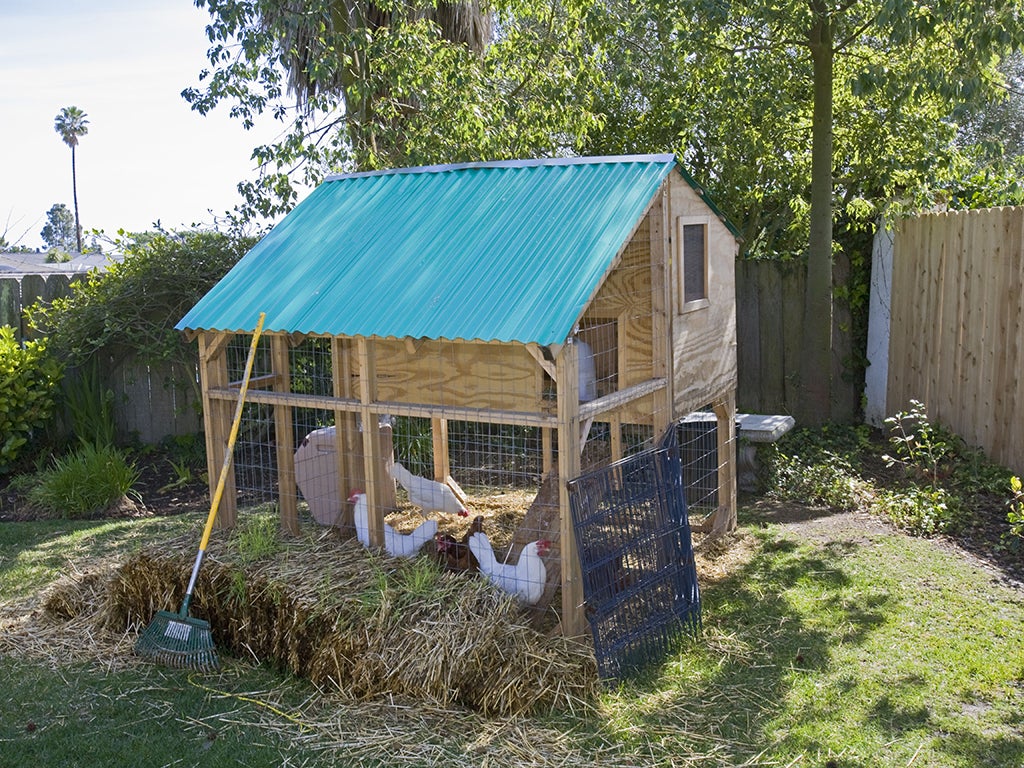
Do you live in a flat, or do you have a house with a garden? Do you own your home, or do you rent? Both of these points need to be taken into account. Ideally, a dog needs a garden in which to roam and do its business. Hens are becoming increasingly popular as pets, but do you have the space for a chicken coop and a run? Also, even if you own your home, there could be bylaws in place that restrict the keeping of poultry and other livestock on your property.
If you rent, does your tenancy agreement allow you to keep pets? Many do not, or they will allow the keeping of small pets such as goldfish only. Finding pet-friendly accommodation can be a challenge but there are agencies springing up that list such properties. Here’s a great article that talks about such services and also provides more useful information on renting with pets.
A pet is for life: so how long do they live?
These are the typical lifespans of the most common pets:
Dogs

Small dogs can on average live to 11 years old, while larger dogs typically live to around 8 years.
Cats

The average lifespan for a cat is 15 years but they can live into their twenties.
Rabbits
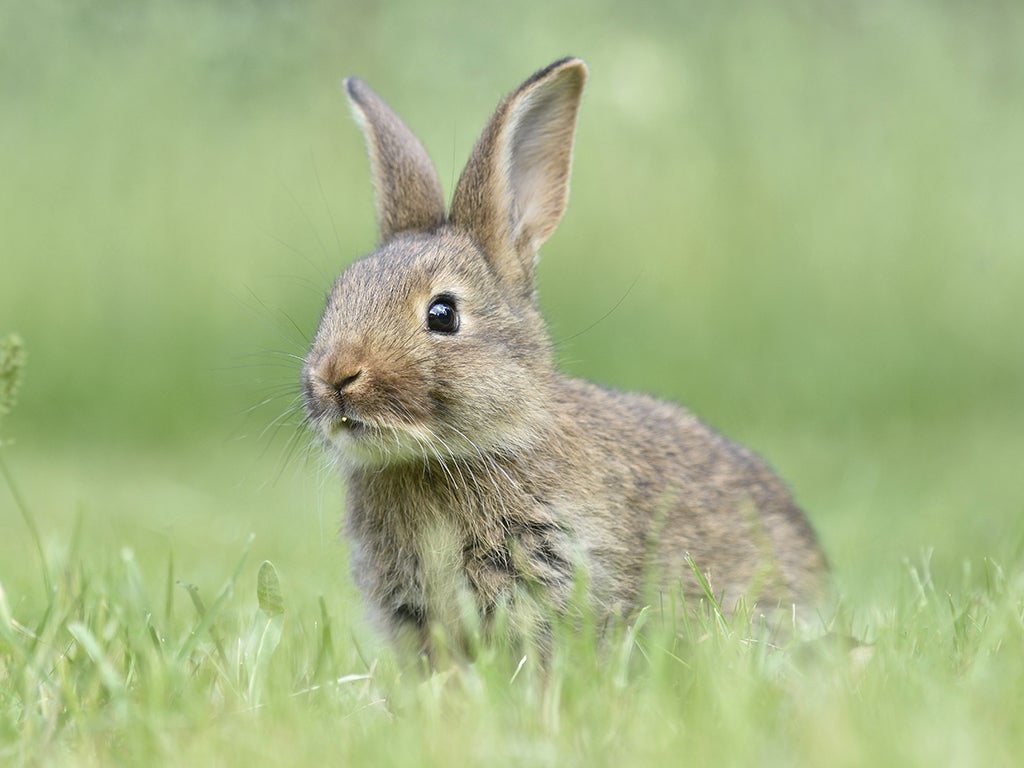
They can live between 9 and 12 years.
Hamsters
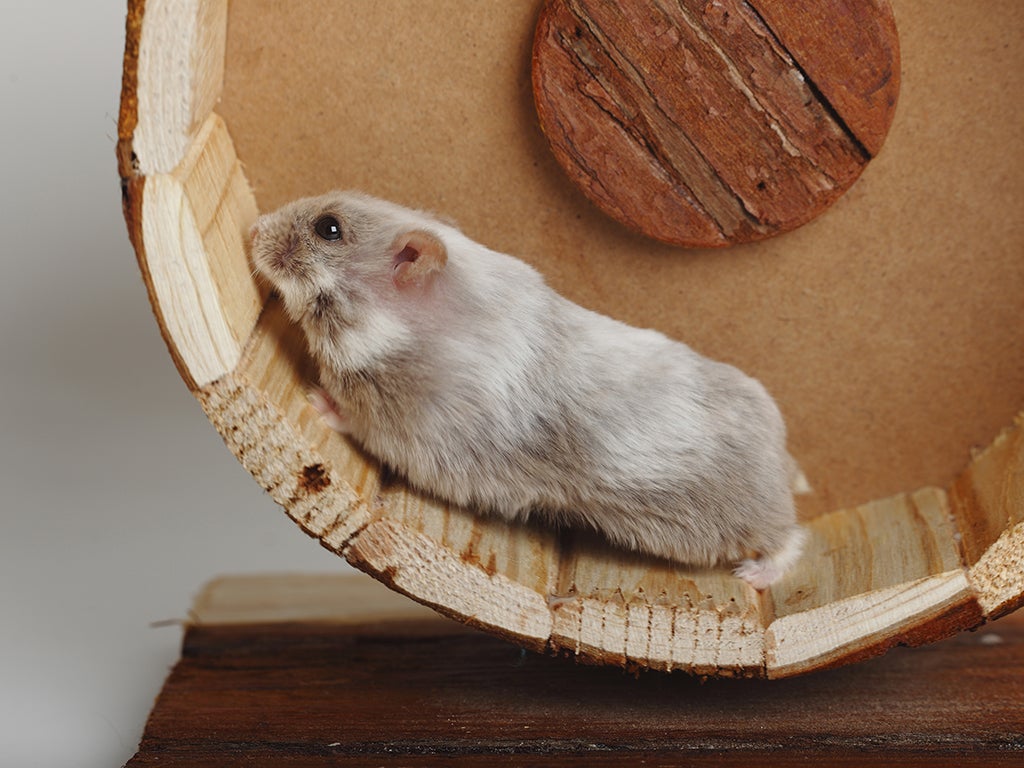
Hamsters live for an average of 2 to 3 years.
Goldfish
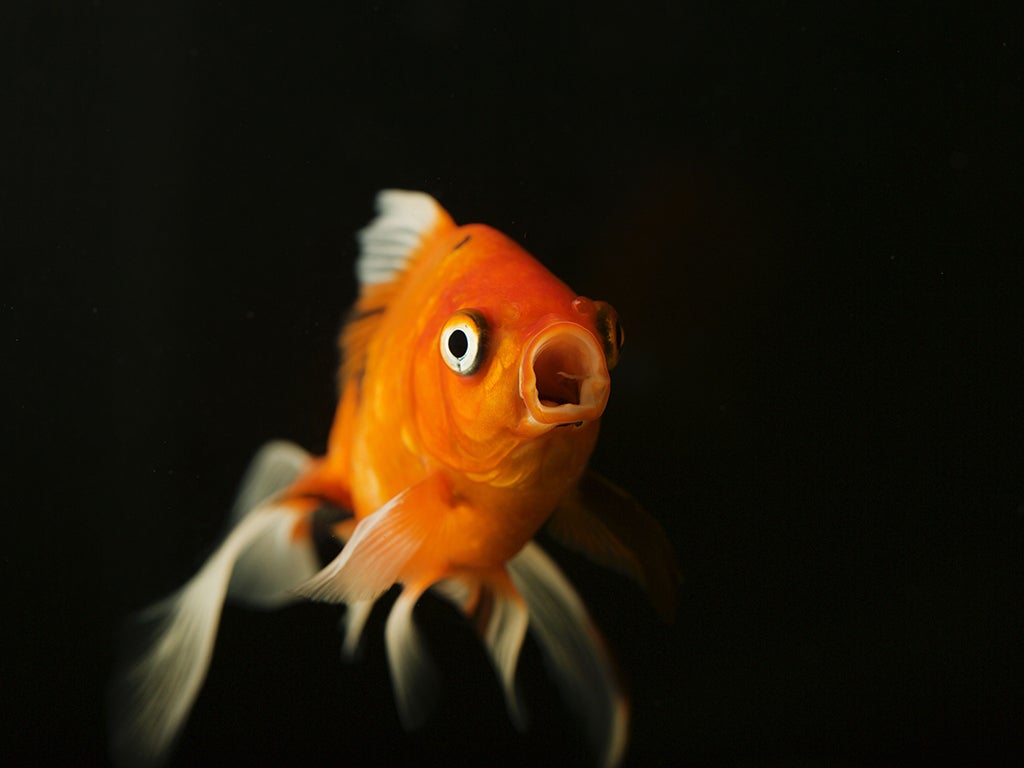
In captivity, and if well cared for, goldfish can live for decades. The oldest goldfish on record lived to 43 years of age.
Snakes
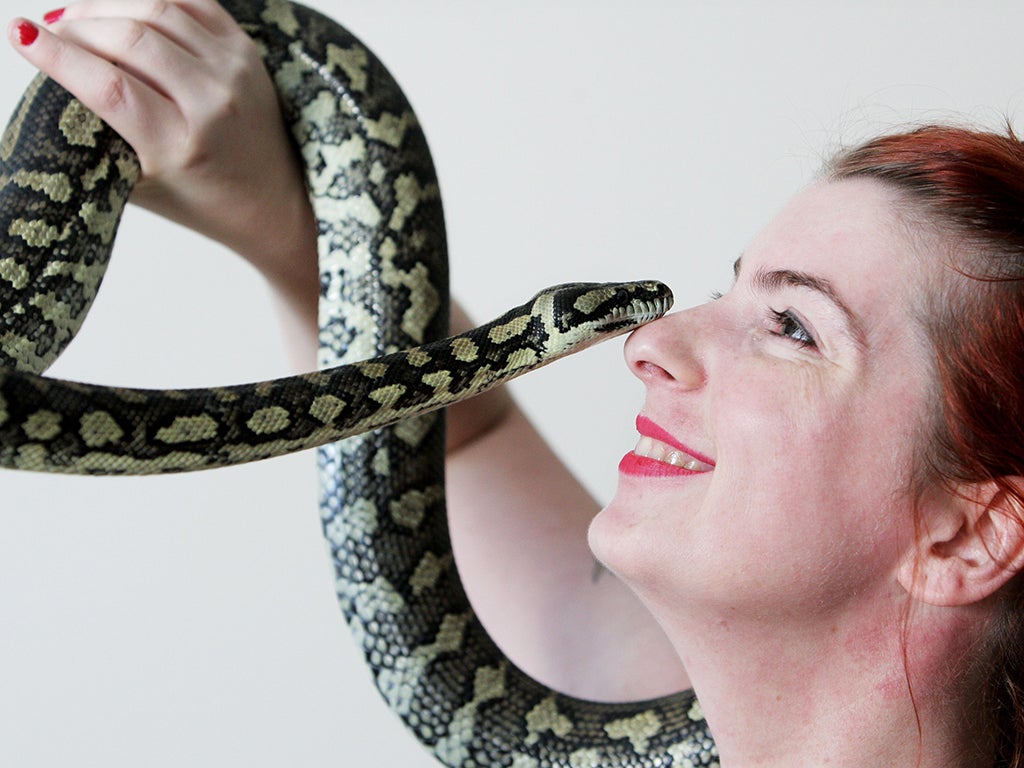
Snakes on average can live on average 15-20 years in captivity. Ball pythons (the snake pictured), can live over 40 years in captivity.
Guinea pig
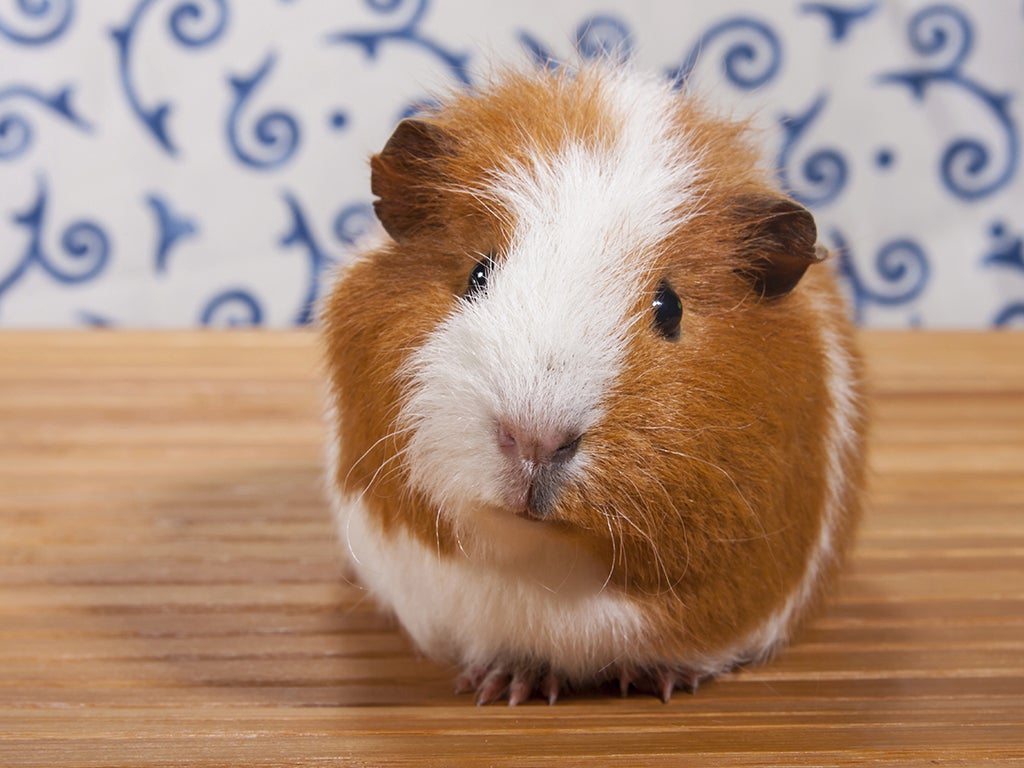
On average guinea pigs live until they are 4 or 5 years old.
Marie Carter is the Editor and Publisher of Pets Magazine and blogs at www.huffingtonpost.co.uk/marie-carter
Join our commenting forum
Join thought-provoking conversations, follow other Independent readers and see their replies
Comments